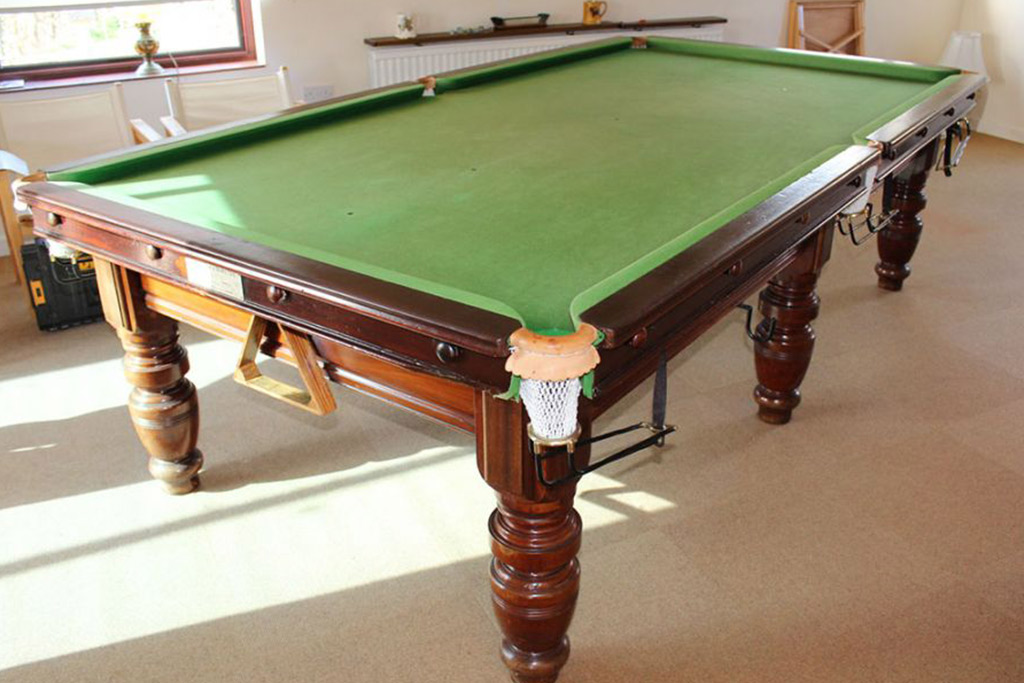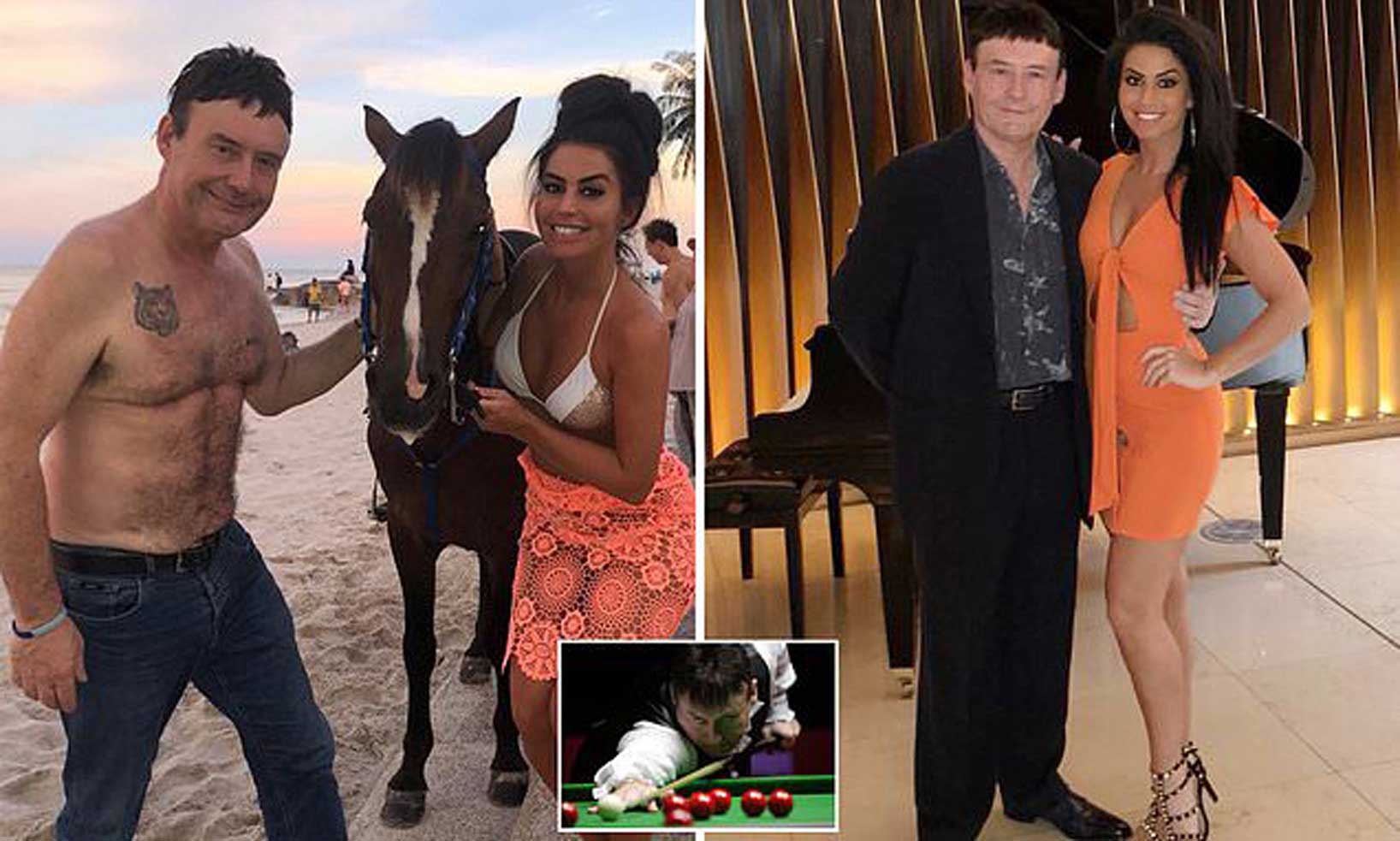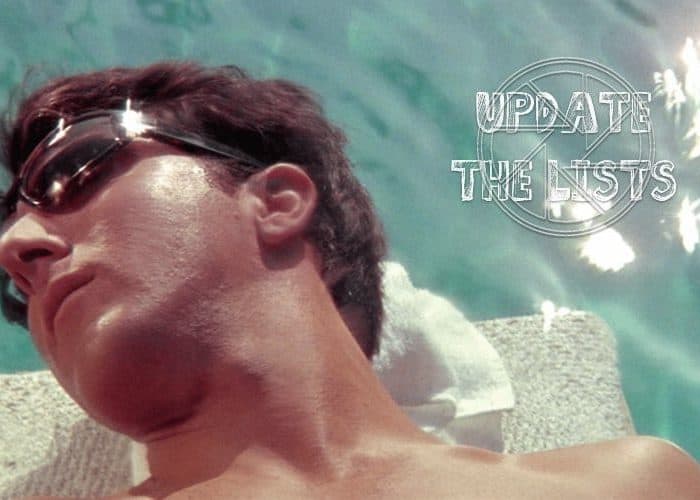
Whether you are looking to get into the game or just want a new pool table, you will want to know what size pool table you are going to need. There are many sizes to choose from so it is important that you find the right one.
First, measure the area in which you would like to place the pool table. You'll need to measure the length and width of the room. This is known as the minimum room dimension. Once you have taken these measurements, subtract the furniture from your total room size.
Knowing how big your room is will help you determine the size of a pool tables you need. The standard sizes for pool tables are 7, 8, and 9 feet. These are the standard sizes that most people use. You can also find specialty tables. You can also find tables that are smaller and more suitable for children. Mini tables are also available, measuring only 3-4 feet in length. These are great for kids learning the game.

A regulation-sized pool table will be the best choice for serious players. You will find these in pool halls and in bars. For tournaments, most leagues consider a 9-foot table to be a good size. Professionals looking to compete in professional tournaments will find it a great size. You should research as it is a substantial investment.
Your cue length is another important thing to consider. The length of your cues will affect the way you shoot. For example, longer cues will make it harder to hit a break shot. There are many "shorty" cues that come in different sizes, such as 36, 48 and 52 inches. These cues can be used to help you navigate around obstacles and are ideal for children's pool tables. You can also buy "troubleshooter" short cues that are made to feel like full-size cues.
It is important to consider the length of the cues when purchasing a pool table. Children will prefer shorter cues, while those who are more tall can use longer cues. How smoothly you shoot will depend on how long your cues are. Longer cues may make it more difficult to get a break shot through, while shorter cues will help you navigate around obstacles.
Larger tables will require more shots. You will have more control. A larger table will also require more skill and can be more challenging to maneuver. This will make it more fun to compete. However, a larger table also requires more space. A larger table is also easier to make mistakes. Start with a table at seven feet long if you're just starting out.

You might want a 7-foot table if you're looking to buy a pool table for your bar or pub. These tables are very popular in North American amateur leagues.